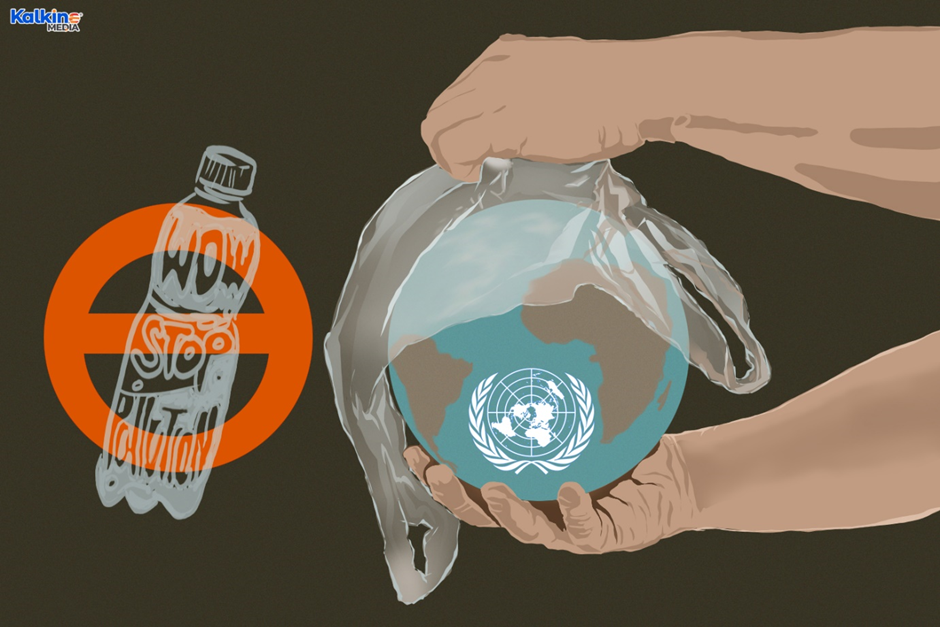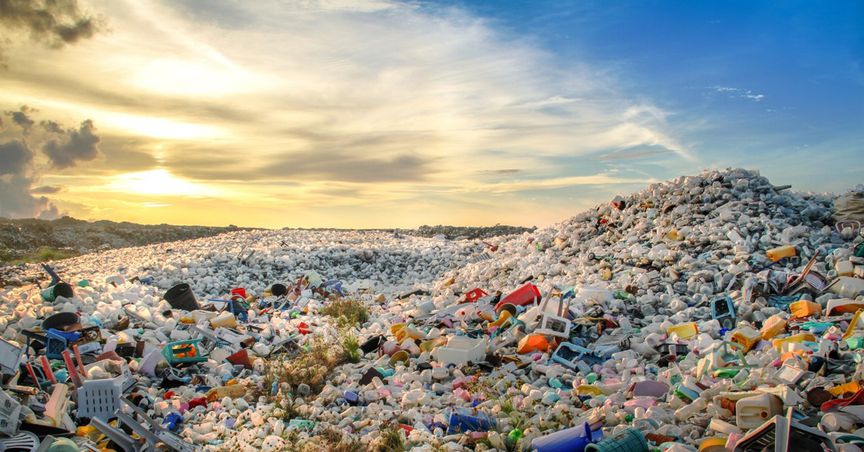Highlights
- UN is all set to develop the world's first plastic pollution treaty, hailed as the most crucial multilateral climate agreement since the historic 2015 Paris treaty.
- World leaders have agreed to develop a treaty to deal with the issue of plastic pollution.
- According to UNEP, plastic pollution grew from two million tonnes in 1950 to 348 million tonnes in 2017, resulting in a $522.6 billion global industry. By 2040, it is projected to double in capacity.
The United Nations is poised to adopt a plan to develop the world's first plastic pollution treaty, hailed as the most crucial multilateral climate agreement since the historic 2015 Paris treaty.
At the United Nations environment assembly in Nairobi, Kenya, ministers, world leaders, and other officials from almost 200 nations agreed to draw up a treaty to tackle the issue of plastic pollution.
By the end of 2024, it is anticipated that a treaty will be achieved to address the rising problem of plastic trash in the world's rivers, seas, and landscapes.
Do read: Virginia Joins Global Fight Against Plastic Pollution

Image source: © 2022 Kalkine Media®
'On track for a cure'
President of the Assembly and Norway's Minister for Climate and the Environment, Espen Barth Eide, stated

Based on three early draft resolutions from different countries, the resolution forms an Intergovernmental Negotiating Committee (INC) that will start work this year with the goal of completing a draft legally binding agreement by 2024.
'Triumph by planet earth'
It would be built on open dialogue supported by science, and it will provide updates throughout the next two years. When the INC's work is completed, UNEP (United Nations Environment Programme) will hold a diplomatic conference to approve the INC's findings and open it for signatures.
Executive Director of UNEP, Inger Andersen, stated

Watch more: Virginia Adopts Law to Fight Plastic Pollution
Scale of the problem
According to the UNEP, plastic pollution grew from two million tonnes in 1950 to 348 million tonnes in 2017, resulting in a $522.6 billion global industry. By 2040, it is projected to double in capacity.
According to the UN agency, the effects of plastic pollution and production on the triple planetary crisis of nature loss, climate change and pollution are a disaster, with plastic exposure negatively impacting human health and potentially impacting neurological activity, fertility, metabolic, hormonal. Moreover, plastics that are burned openly contributes to air pollution.
By 2050, greenhouse gas emissions from plastic disposal, use and manufacturing would account for 15% of allowable emissions to reduce global warming to 1.5°C (34.7°F) under the Paris Climate Agreement.
Furthermore, this pollution impacts over 800 coastal and marine species through entanglement, ingestion and other hazards, while over 11 million tonnes of plastic debris enter the ocean each year. However, by 2040, it may have tripled.
“Protecting nature at the core of SDGs”
The Deputy Secretary-General, Amina Mohammed, said

Also watch: All about the Upcoming United Nations Climate Change Conference!



